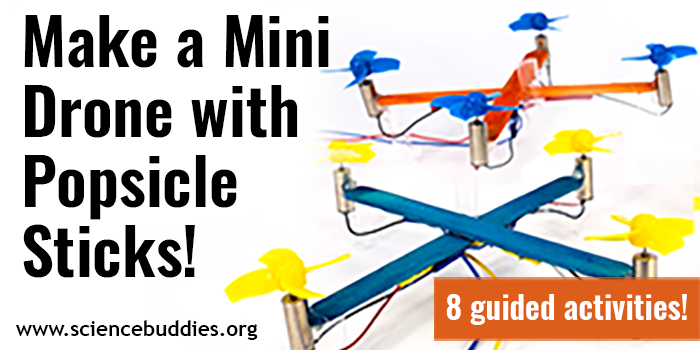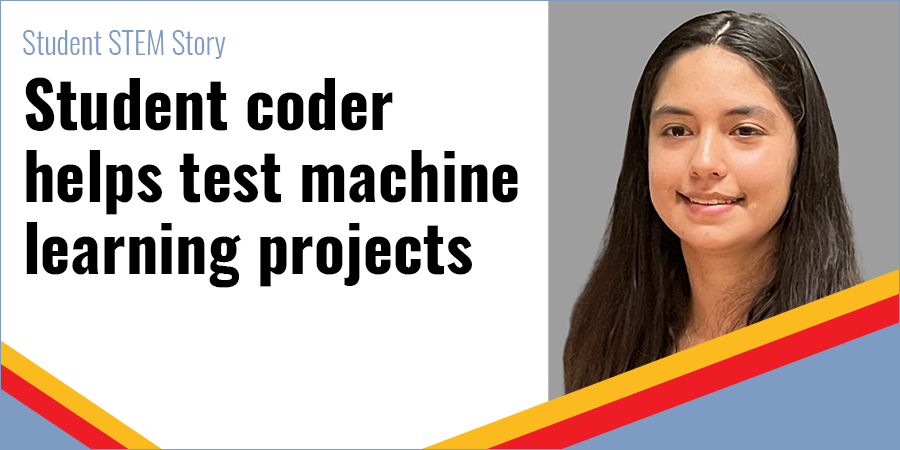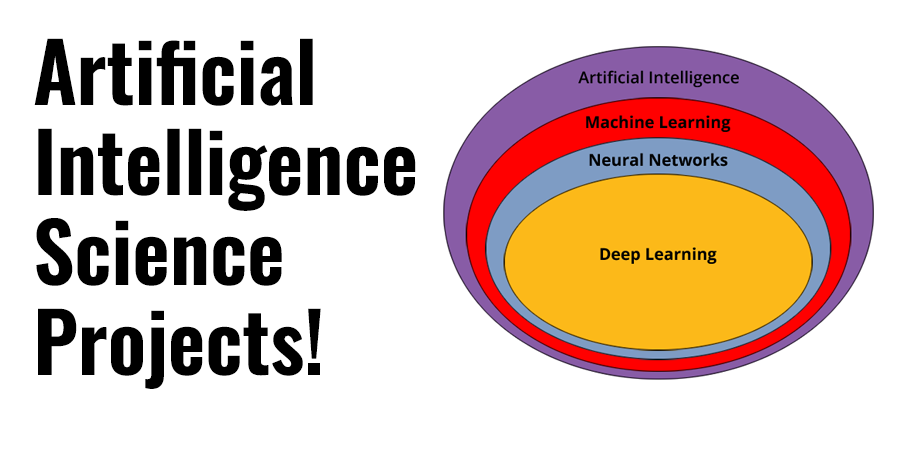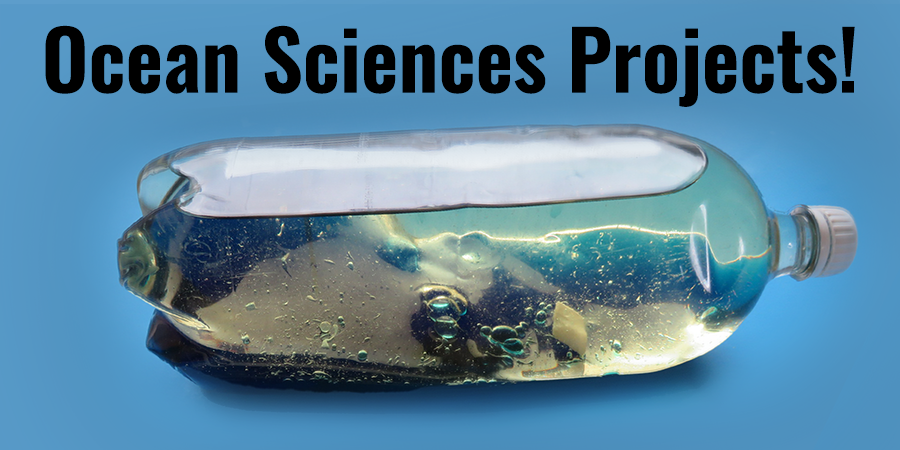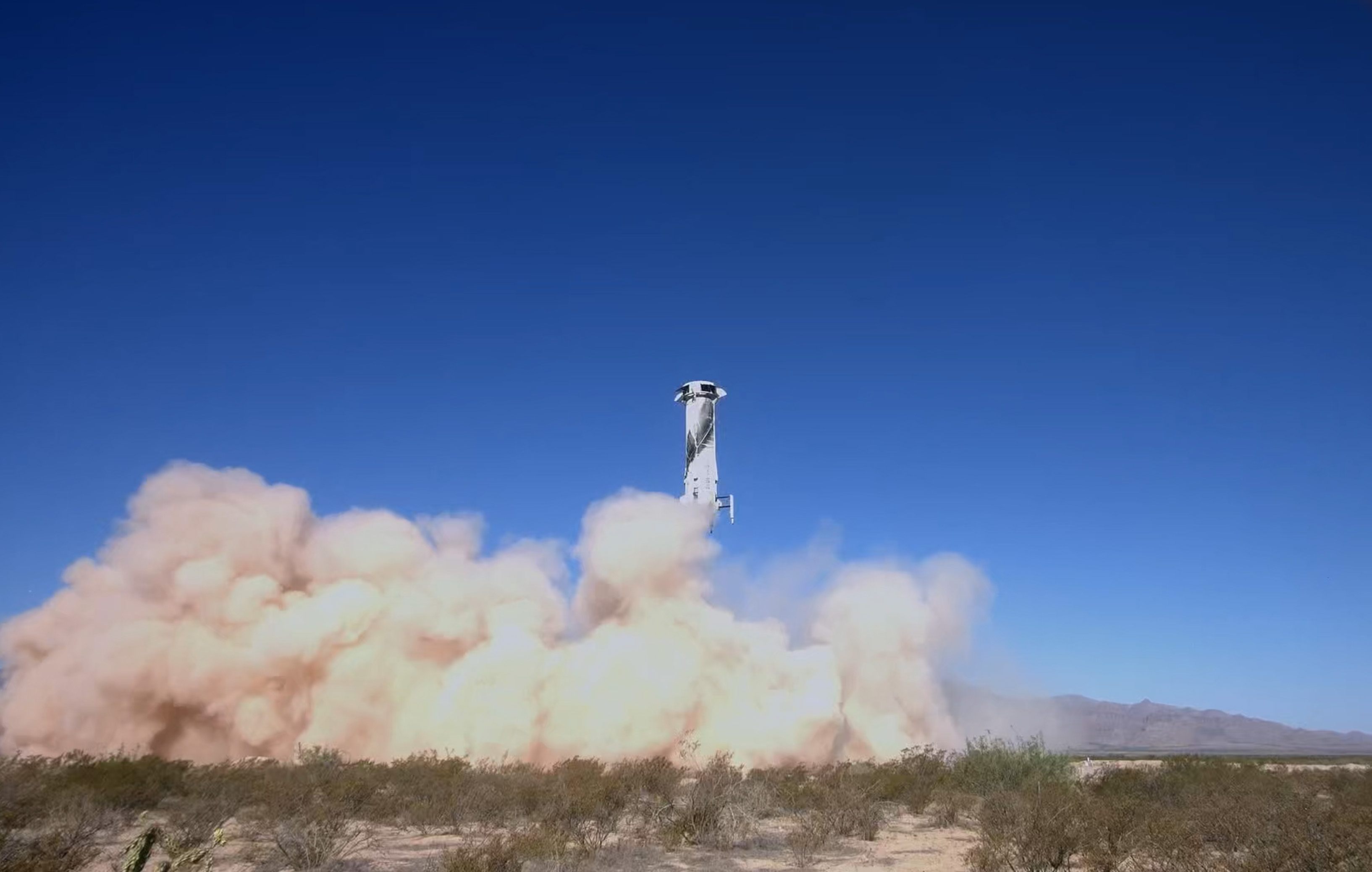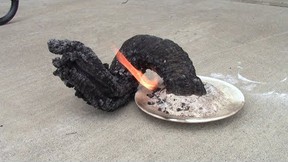The Value of Science Fair Projects
Take a closer look at the benefits of independent science projects, from skills development to standards fulfillment. This is Part 2 of our STEM education series exploring the combined value of students doing science projects and showcasing them at science fairs.
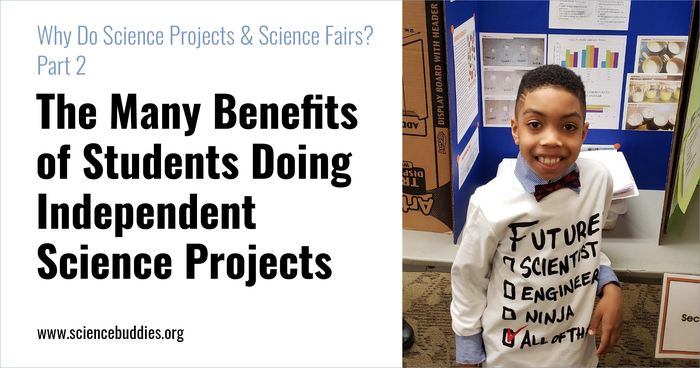
As summarized in the first post in this STEM education series, independent science projects are part of a powerful combination of "science project + science fair" that fuels an unparalleled student learning experience.
In this post, we explore specific benefits of independent science projects.
Personalized Learning and Meaningful Connections
Science projects let students focus on a question, problem, or area of science they are passionate about.
When assigned to do an independent science project, students embark on a personalized learning path that empowers them to explore a science question or engineering challenge of personal interest, possibly in an area of science not covered at school. Independent projects enable students to connect with their chosen topic more deeply than is possible in a typical classroom experiment. By connecting projects to individual interests, including non-science hobbies, students are more engaged with their research and experiments and make meaningful connections with science (even if it isn't already their favorite subject).
Science Projects Meet Multiple Curriculum Standards
Student science projects address both NGSS and Common Core standards. Not only do science projects target science, math, and language arts standards in one multi-faceted project, but they offer breadth. A typical classroom lesson might fulfill two or three NGSS Science and Engineering Practices (SEPs). An independent science project often encompasses six or more, and potentially all eight, SEPs. For more information about standards alignment, see Mapping Science Buddies Content to Core Teaching Standards.
Science Projects Help Bring STEM Careers Into Focus
Science projects can play an important role in helping students see themselves with a future in STEM. Conducting a science project gives students the opportunity to use skills and procedures related to specific areas of science and research. In the process, students make concrete connections with potential STEM career paths.
Firsthand Experience Using the Scientific Method and Engineering Design Process
When conducting independent science projects, students actively explore steps of the scientific method or engineering design process. In choosing a project and identifying which method is needed, students learn to differentiate between methods. Following the steps helps them practice skills that can be applied to tackling any real-world science question or engineering problem. (Note: Beyond the scope of school science projects, application of the scientific method and engineering design process may not be as absolute as the methods appear when taught in K-12. Learning these methods equips students with a solid foundation for future experiments and innovation.)
Develop Key Skills for Future Success
Helping reinforce and build skills across multiple disciplines, independent science projects utilize, practice, and develop:
- Problem solving and troubleshooting skills to determine if what is observed is a reasonable outcome or indicates a problem with the experimental procedure and, if a problem is identified, make changes
- Math skills, particularly in analyzing and presenting data, which uses skills that scale by math level to include graphing, statistics, and formulas
- Critical thinking skills when analyzing data and drawing conclusions
- Written and/or verbal communication skills when presenting the finalized science project
- Organization and time management skills involved in following the steps of an experimental procedure and in managing the overall timing of the steps of a project (including preparing for the science fair)
- Research skills when selecting and defining a project
- Awareness of ethics and academic honesty, including plagiarism, and an understanding that even experiments that do not support the hypothesis are still valid, provided the procedure was sound and carefully executed
"Science Buddies provides high quality resources for science and engineering projects. It is great for students who need ideas AND for students who want a jumping off point from which they can design/customize their own projects." Annette, a teacher in AZ
In Part 3 of this series, we explore tips and best practices for educators assigning and managing student science fair projects.
The Value of Science Projects and Science Fairs Series
- Why Do Science Projects and Science Fairs?
- The Value of Science Projects
- 11 Tips and Best Practices for Assigning Science Projects
- Tools and Resources to Support Student Science Projects
Pictured: Trevor, a student who found projects at Science Buddies for his kindergarten, first-, and second-grade science fairs. Browse success stories for other inspiring stories.
Categories:
You Might Also Enjoy These Related Posts:
- 14 Paper STEM Activities!
- Spring Science Projects: 26 Science Experiments for Spring
- 2025 Rocket Catcher Engineering Challenge—10 Steps to Success
- Black History Month STEM - Learn More About These 40 Scientists for Black History Month!
- 10 Reasons to Do the Rocket Catcher Engineering Challenge
- 12 STEM Activities for Lunar New Year - Year of the Dragon Science
- STEM Calendar for Educators: Month by Month STEM Projects
- Winter Science Projects, Lessons, and STEM Activities

